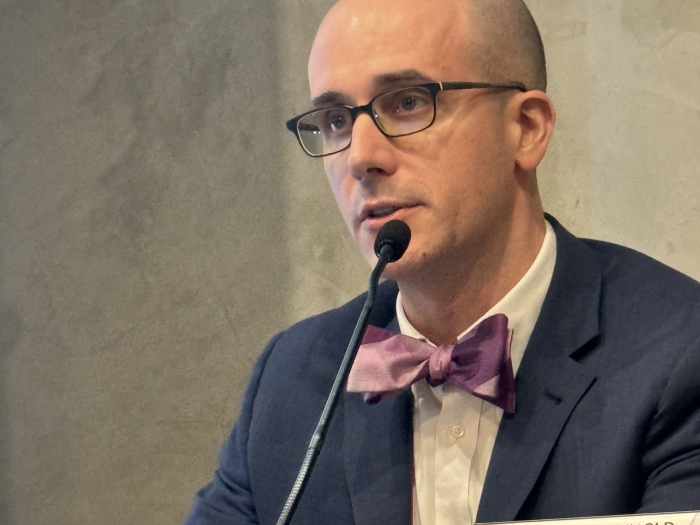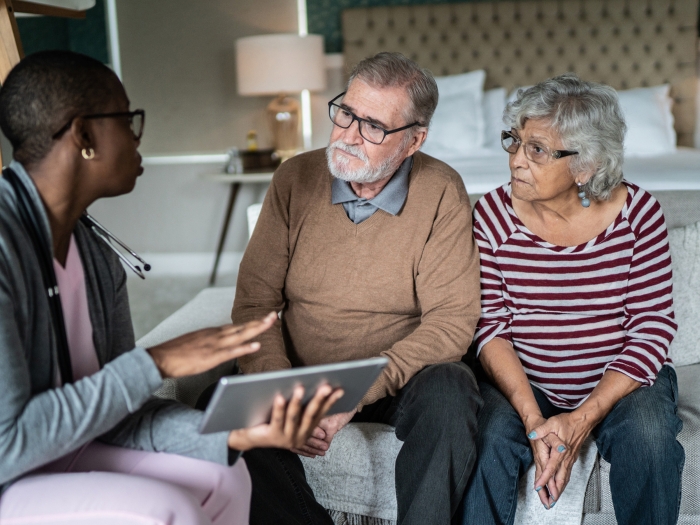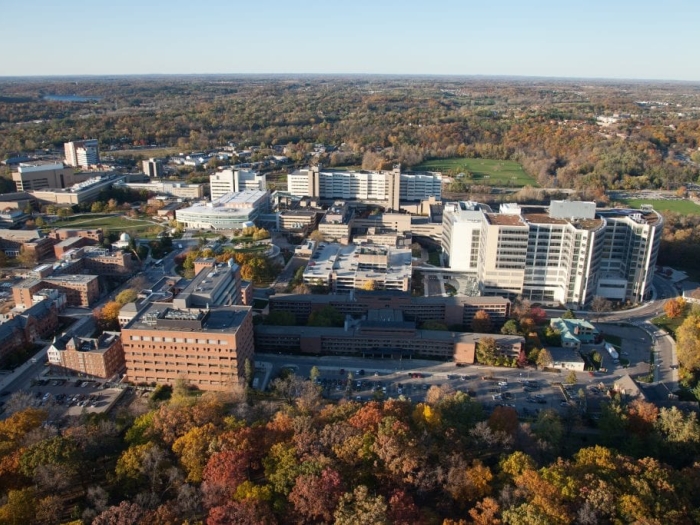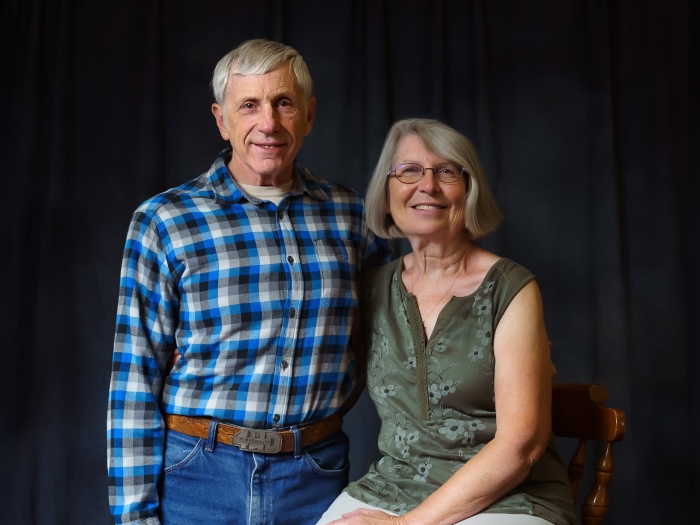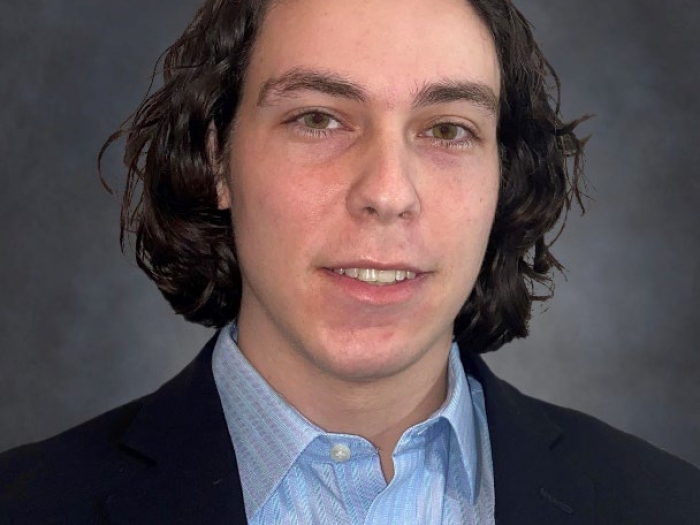I remember walking home from the hospital the day medical student rotations were suspended. It felt like being woken up in the middle of a vivid dream. I was so immersed in clinical learning that although I was aware of the virus' spread, its direct effect on me was unexpected. I felt disoriented. My typical agenda when I arrived home was to prepare for the next day. However, there wasn't going to be a next day. At least not for another month or two. I needed a new plan. I reached for my phone and called a classmate. I desperately wanted to know, "What now?"
Amazingly, similar conversations occurred throughout the country. Medical student response teams at various institutions rallied in swift and inspiring fashion to transform health care. At the University of Michigan Medical School, more than 20 student-led initiatives were developed.
For the next few weeks, I rarely left my house. Surprisingly, it wasn't because of a conscious effort to socially distance. I was immersed in a project to transform prenatal care, and while some described sentiments of isolation, I felt more connected than ever before. Shifting between Zoom meetings and phone calls, I found the my relationships with my classmates, faculty, and the community grew and matured.
In medical school, opportunities to see classmates are labile. During the first year, we spend long hours together in study groups, but during our clinical rotations, we are dispersed to a variety of sites. We share a communal experience, but we rarely have the chance to enjoy the frequent interactions we experienced at the start of medical school. Service-learning projects in response to COVID-19 rekindled many of these friendships. I had the chance to see my classmates at their very best as leaders, artists, engineers, and writers. I recall during one Zoom meeting troubleshooting how to ensure non-English speaking patients would be able to receive information regarding changes to prenatal care. In just a couple days, students who spoke seven different languages volunteered to call non-English speaking patients who otherwise might have been left in the dark.
Faculty also had the chance to see us students in a different setting. Clinically, we are at the very beginning of our training, and it is often hard to show initiative and leadership. The COVID-19 service-learning projects allowed us to showcase the diverse set of talents we brought with us to medical school. Similarly, faculty have the chance to show us a different side of themselves as they engaged with the community and hospital leadership.
The conversations I had with patients were particularly meaningful. COVID-19 has claimed more than 70,000 American lives thus far, and earlier this month, 6.6 million people filed new claims for unemployment over the course of a week. Patients are anxious, unsure what the future holds for their medical care and overall health. Furthermore, aggressive social distancing and rapid changes in institutional policy has made people feel isolated and less informed.
I made over a hundred calls to patients, providing information, reassurance, and resources. Prior to each call, I felt shaken by the adversity the patients must be experiencing. The experience of being pregnant is laden with uncertainty, and I imagine the pandemic only exacerbates these sentiments. Yet, as I informed patients of reductions in appointments and shifts to virtual visits, they expressed a sincere desire to do their part to help with social distancing and thanked me for my involvement in their care.
COVID-19 placed us all in positions we could never have anticipated. My conversations with patients showed me how, to varying degrees, we are all on the "front lines" as each of us has a role to play in fighting the pandemic. We are bonded by forging through the uncertainty, and drawn to one another in ways we, only a few short weeks ago, could never have anticipated.
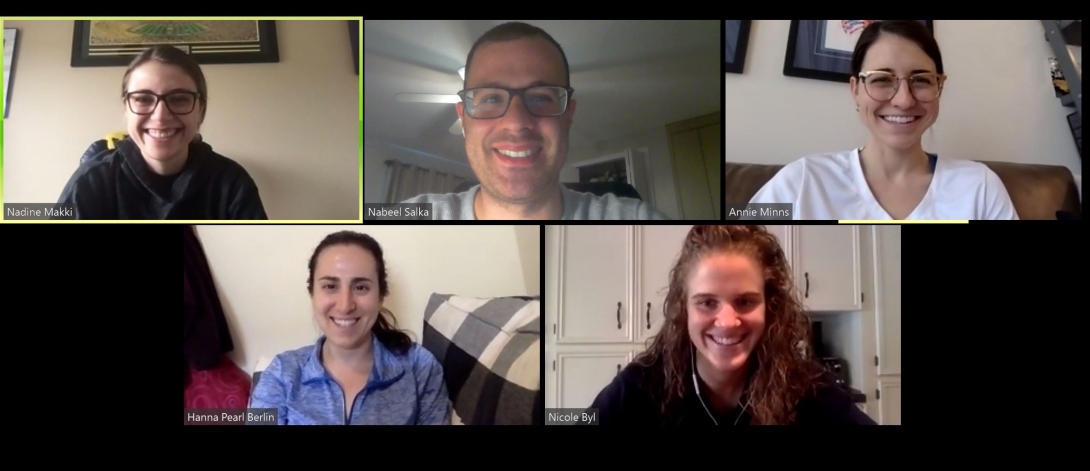
University of Michigan Medical School
Want top health & research news weekly? Sign up for Health Lab’s newsletters today!

